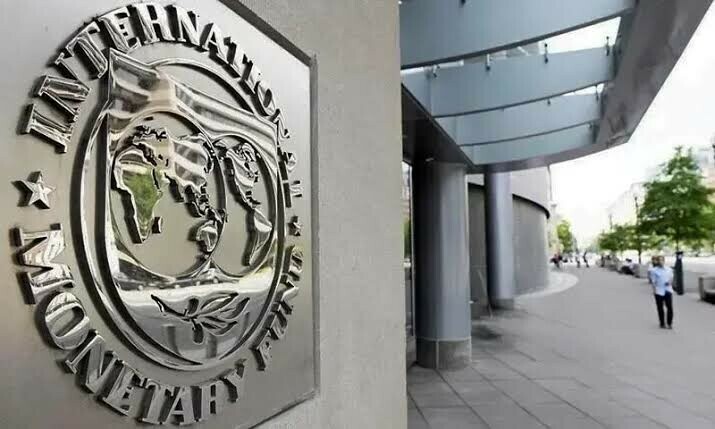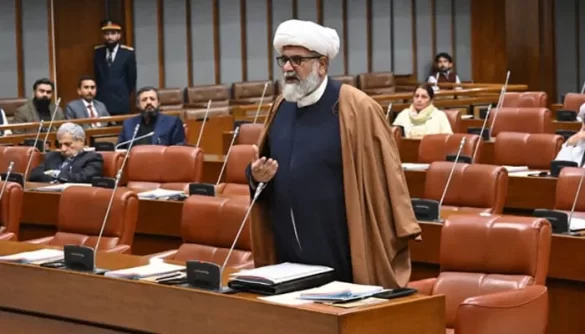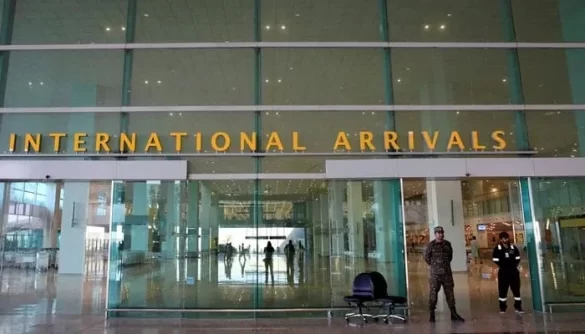Islamabad: The International Monetary Fund (IMF), in its latest World Economic Outlook 2025 report, has projected that Pakistan’s economy will grow at a rate of 3.6% in the fiscal year 2025-26. This figure falls short of the government’s set target of 4.2%, highlighting persistent internal and global economic challenges.
According to the IMF, Pakistan continues to face multiple domestic economic hurdles, including inflation, low investment, and fiscal discipline, along with external uncertainties such as global financial instability and geopolitical tensions. These factors are expected to hinder the country’s ability to reach its desired growth.
The report also notes that global inflation is expected to decline gradually — from 4.2% in 2025 to 3.6% in 2026. However, inflation control will remain a critical challenge for Pakistan, where price stability has proven difficult to achieve.
Globally, the IMF forecasts world economic growth to remain at 3% in 2025 and slightly increase to 3.1% in 2026.
Commenting on US-China trade talks, the IMF stated that successful negotiations could improve the global trade climate. However, tensions might rise again after the expiration of tariff exemptions on August 1, raising concerns over renewed trade conflicts.
Meanwhile, Pakistani officials claim that the government is taking active steps to stimulate growth, but acknowledge that IMF’s projections and global pressures pose serious challenges to those efforts. According to insiders, the government must address both external economic shocks and internal issues such as rising inflation, falling investment levels, and fiscal imbalances.
The IMF’s report is being viewed as a warning signal for policymakers, emphasizing that achieving sustainable growth will require bold reforms, investor-friendly policies, and steps to reduce debt burden and build economic resilience.
For Urdu Coverage Click on News Alert Urdu















